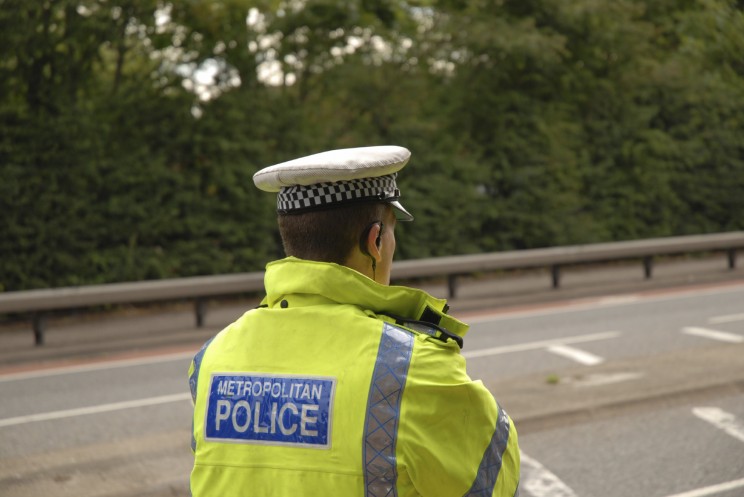The recent announcement made jointly by the Home Office and College of Policing is a vacuous document that will do little or nothing to change police practice or promote better police-public relations.
Let us be clear: objections to police stop and search is not just a little local difficulty, experienced solely in this country. Similar powers are felt to be just as discriminatory throughout North America where it is regarded as tantamount to an offence of ‘driving whilst black’ (DWB). This and other cross-national similarities persist despite differences in the statutory powers upon which the police rely. It would, therefore, seem essential to ask whether differences in legislation or policy have proven more or less effective in different jurisdictions. Needless to say, absolutely no evidence of experience elsewhere is to be found in this latest Home Office document. Instead, to assuage the concerns of the Home Secretary, more meaningless paperwork will be created.
One reason why evidence seems to be regarded as unnecessary is the commonplace assumption that ‘everyone knows’ why minorities experience disproportionate levels of stop and search: namely that officers rely not upon professional judgement, but upon prejudice, when exercising this power. Enticing though such an assumption is, it has serious weaknesses. As Professor Marion Fitzgerald discovered, when officers are deciding who to stop and search entirely autonomously, they act less disproportionately than when acting on specific information, such as a description.
Research that I and Kevin Stenson conducted in the early 2000s also found that the profile of those stopped and searched very largely corresponded to the so-called ‘available population’ of people out and about in public places at the times when stop and search is most prevalent. This is not to say that these stops and searches were conducted either lawfully or properly. Indeed, a former Detective Chief Superintendent interviewed a sample of 60 officers about their most recent stops and searches as part of this research. What he found was quite alarming, for in around a third of cases the accounts that officers freely gave about the circumstances of these 128 stops and searches could not convince any of us that they were lawful. There was also a woeful lack of knowledge amongst these officers about the statutory basis for the powers upon which officers were relying.

If officers were much better informed about their powers, then perhaps the experience of stop and search may be less disagreeable — it is unlikely ever to be welcomed — than it often is. Paragraph 1.5 of the Code of Practice governing how police stop and search states:
1.5 An officer must not search a person, even with his or her consent, where no power to search is applicable. Even where a person is prepared to submit to a search voluntarily, the person must not be searched unless the necessary legal power exists, and the search must be in accordance with the relevant power and the provisions of this Code.
The implication of this is quite clear: police may stop and search someone with their consent, but may not use such consent as a means of subverting the requirements under which the search would be lawful. Yet, so few officers seem even to be aware of this and conduct stop and search solely on the basis of their formal powers. I believe they do this as a ‘shield’; they imagine that if they go through the formal motions then no one can object to the lawfulness of the search. But they do object and do so most valuably, which gravely damages the public reputation of the police.
Research evidence aplenty confirms that it is not the possession of this power by the police that irks even those who are most at risk of stop and search. What they really object to is the manner in which the stop and search is conducted. A more consensual approach by police officers might just make the use of this power just a little more palatable.
The post Stop and search, and the UK police appeared first on OUPblog.



